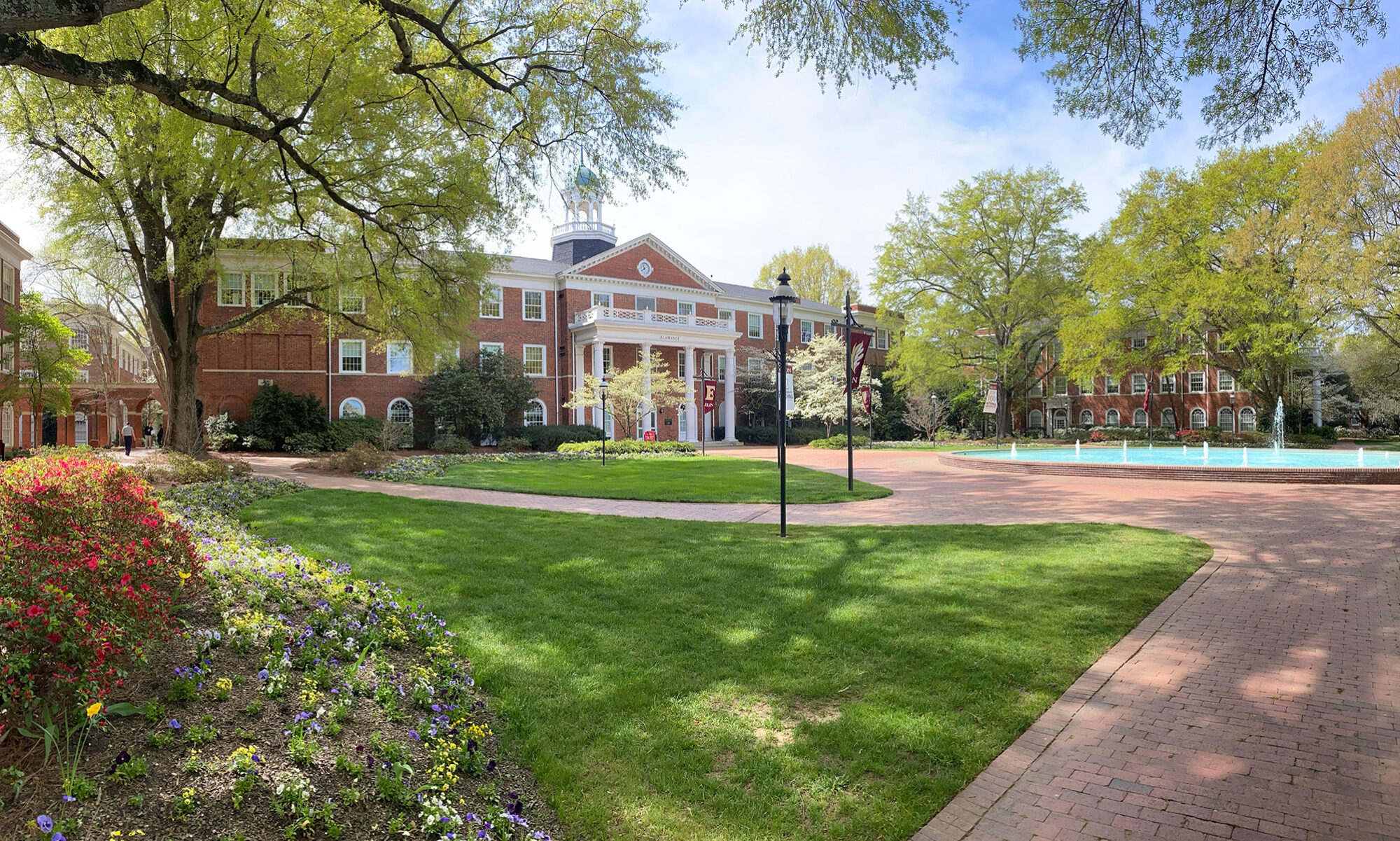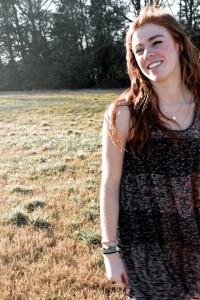After a few recent bumps in the road, we have officially decided that no one will be travelling there in January, as we had once planned on. In class today, we discussed alternatives for how we can use the money that we have raised, now that it is not being fully used on a conference. Below are the two main options that were proposed in class:
- One option that was discussed was a “virtual conference.” In other words, Namibian students would submit their research papers to an online database, which would act as a source of information, and a vehicle for sharing innovative research. The research abstracts would then be judged by a panel of experts, and money would be rewarded to students with the most outstanding papers.
- We also had a conversation about using the money as “grant money” to award to worthy projects in Namibia. This money could be used by the individual or organization to carry out their proposed project.
Other exciting news: Oly and Kelsey have proposed dates to go to Namibia to film the documentary. They also announced that a staff member from iMedia, Elon’s graduate communications program, will be joining them in the endeavor and assisting.
With this being our last class of the semester (cue the tears) we have set forth a few goals that we hope to reach next semester:
- We want to see the success of a virtual conference in January
- Move forward in awarding money to student abstracts/proposals
- We want to continue our relationship with the Burlington Housing Authority, hopefully moving into working on a bigger project with them.
- We would like to present at SURF at Elon University


 Follow
Follow
